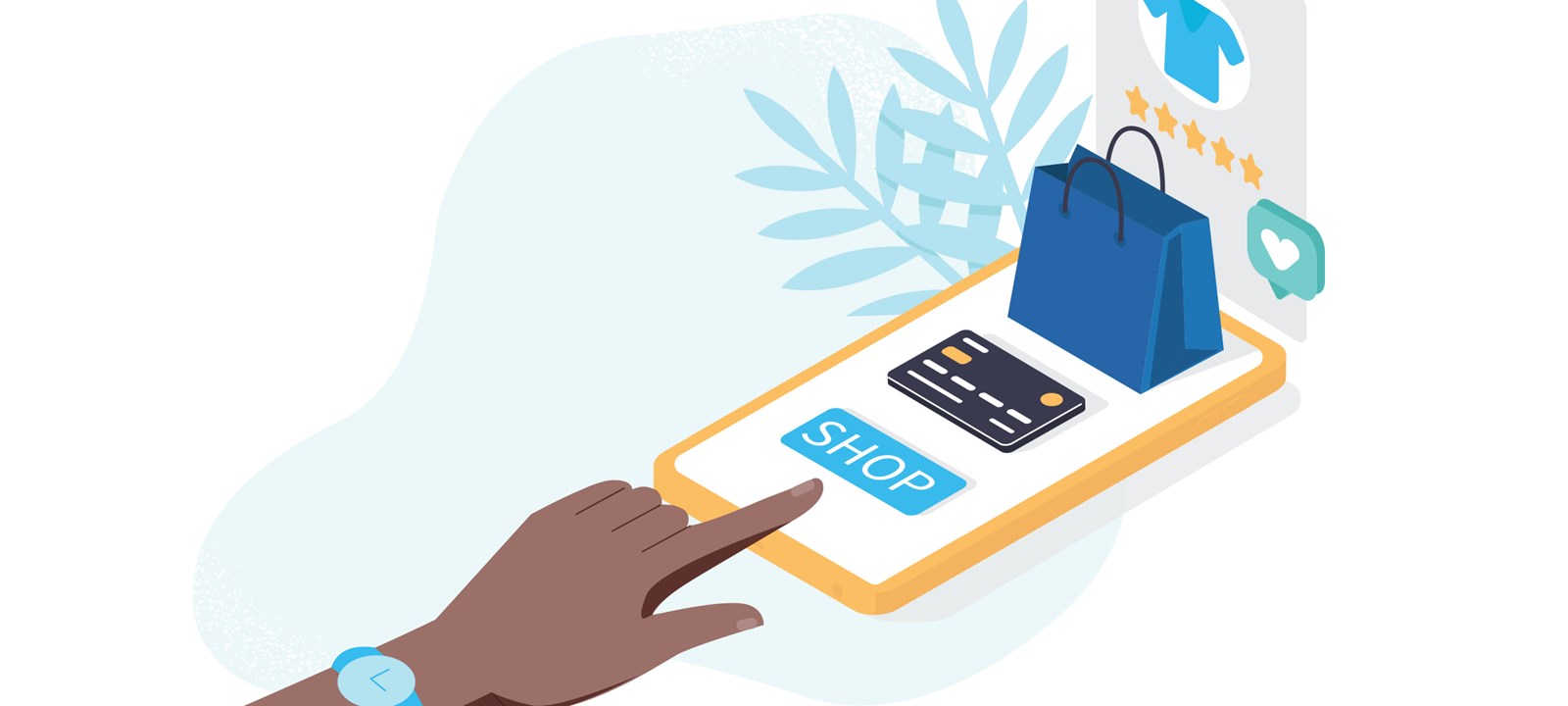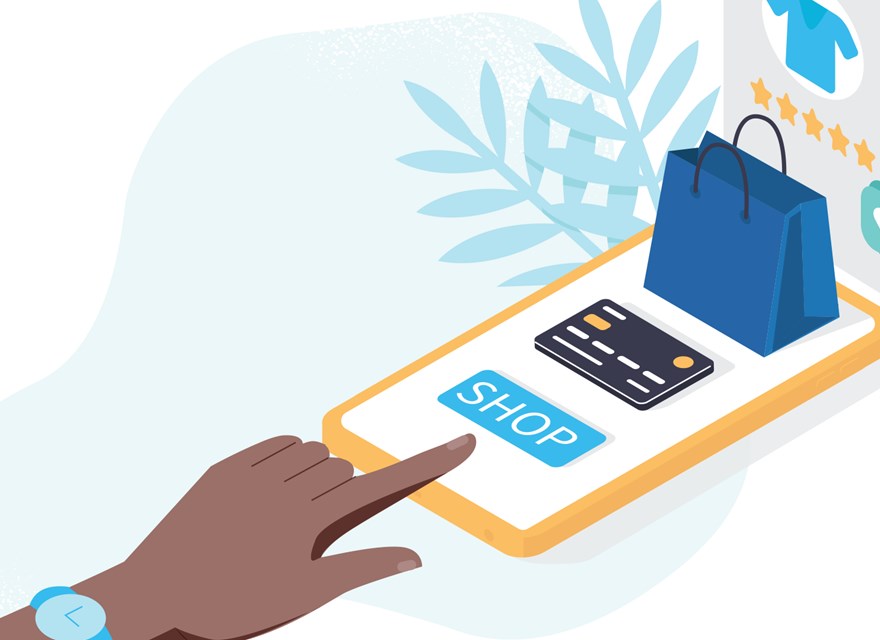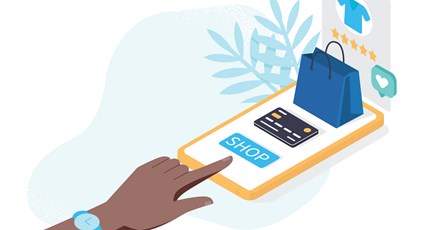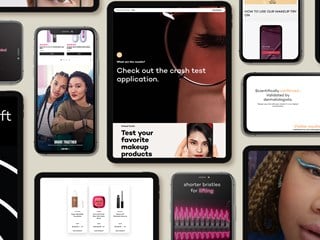outubro 24, 2019
At a time when people are flocking to digital detoxes, reclaiming their data and being “creeped out” by ads following them around the Internet, how should brands weigh this up against the lure of connected experiences, data collection and personalisation?
"With great power, there must also come--great responsibility!"
I’ve worked in tech for over 13 years but, perhaps surprisingly, I don’t have an Alexa or Google Home as I worry about privacy issues (as do many others according to recent surveys). I’m uneasy at the idea of an Oyster card being able to track my whereabouts, and I left Facebook about three years ago. So as much as I understand how tech and data collection works and I have quite a natural distrust in handing over my information, the irony is that I am prepared to embrace it if it makes my life much easier.
The Paradox - Consumers don’t want to share their data. They find personalization creepy but still want relevant offers.
I’m not alone. A recent consumer survey from Boxever found,
60% indicated they prefer offers that are targeted to where they are and what they are doing, but 62% said that they do not want retailers tracking their location.
A large-scale global study from Microsoft called The Consumer Data Value Exchange highlighted a similar paradox, and Gartner research has shown that the more data points marketers use to personalise communication, the more consumers perceive that communication as invasive.
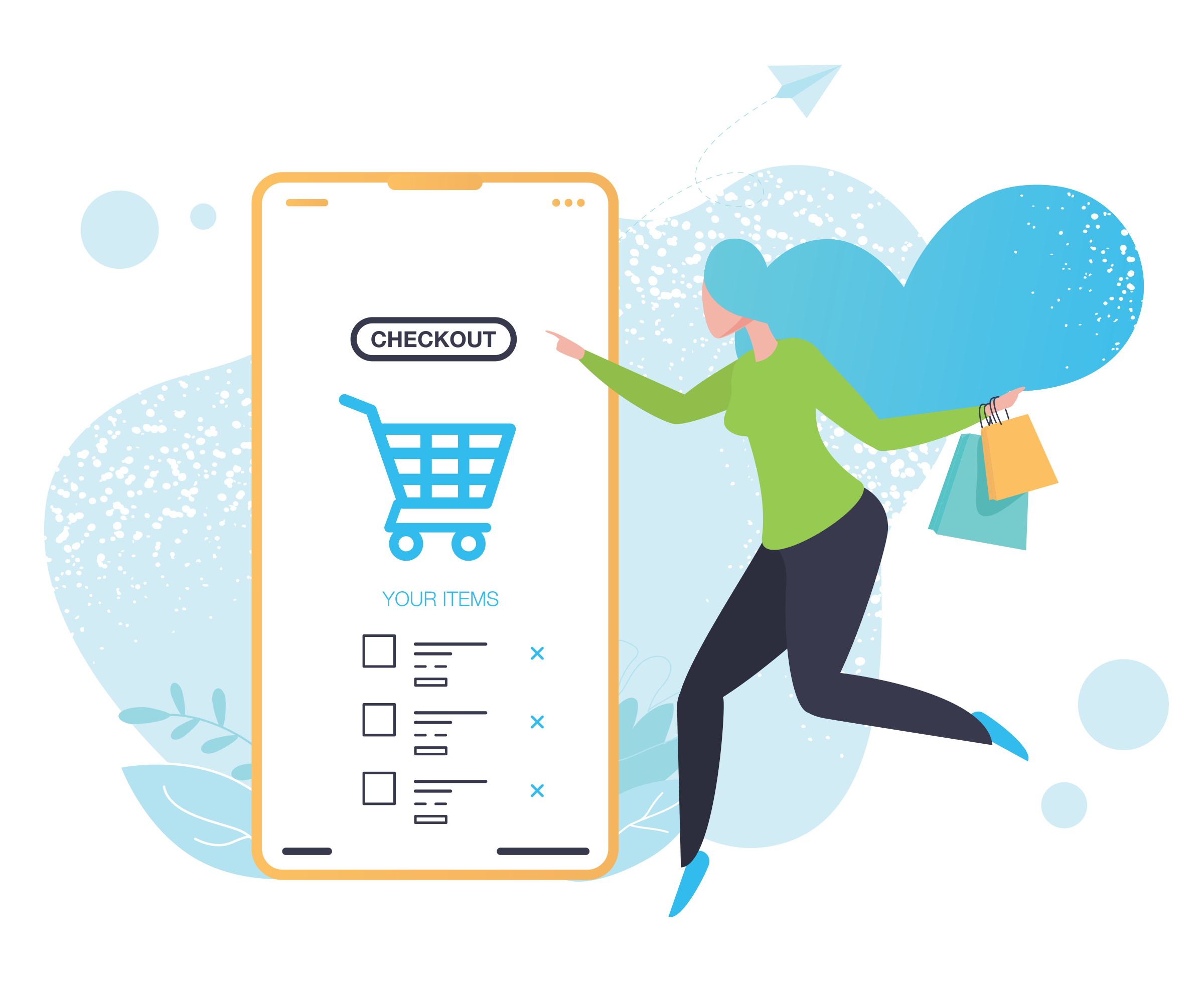
Brands are caught in a catch-22
RichRelevance recently reviewed attitudes towards shopping experiences and the use of AI and ranked the top five “creepy” technologies, and whilst some of them may have been leading edge, such as emotion detection technology, most brands would probably think they should have strategies around voice assistants and geo-targeting as standard.
- Emotion detection technology that adapts your shopping experience depending on your mood (58%)
- Facial recognition technology that recognizes your preferences (57%)
- Voice assistants within your home (Amazon Alexa, Google Home) are “always-on” and listening, providing product suggestions based on your conversations (56%)
- Retailers know when you received your paycheck (56%)
- Targeted ads on your phone based on your proximity to certain shops (46%)
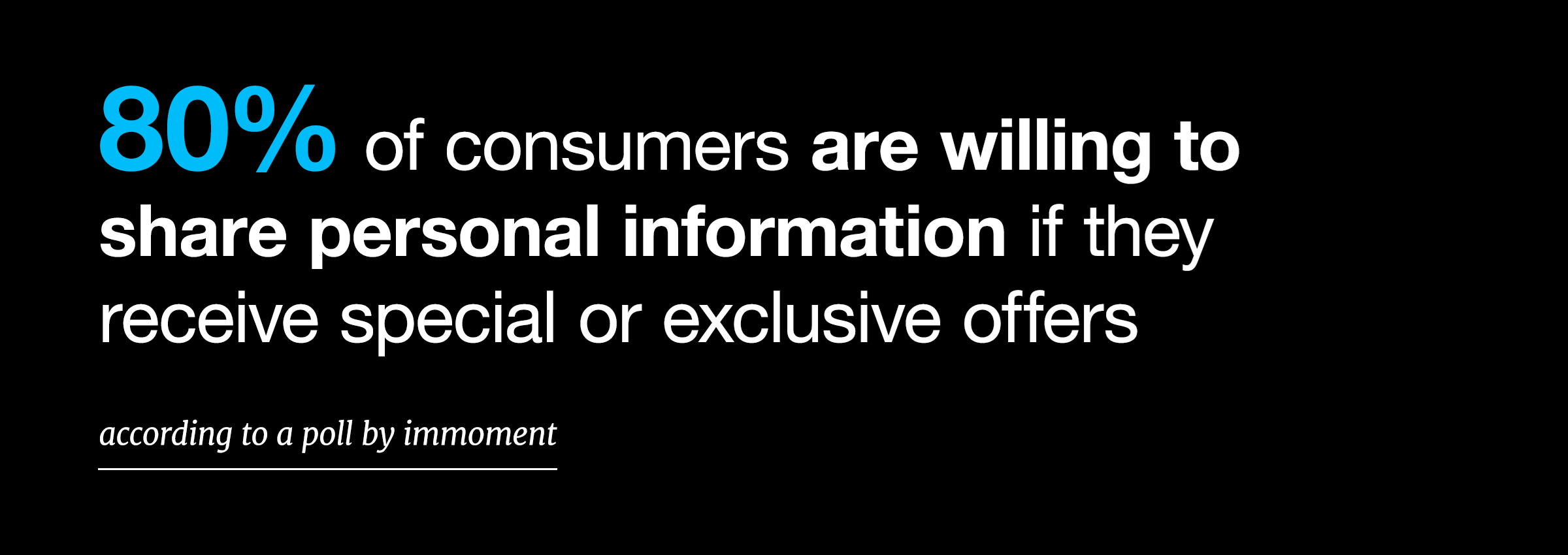
When executed well, personalisation can drive impulse purchases, lead to increased revenue and fewer returns. Poorly implemented, brands risk irreparable damage to their already cautious customer base. For brands, the golden age of personalization will come when the experience is so frictionless and positive, that customers don’t notice its persuasive influence anymore. Perhaps that’s the creepiest idea of all?
